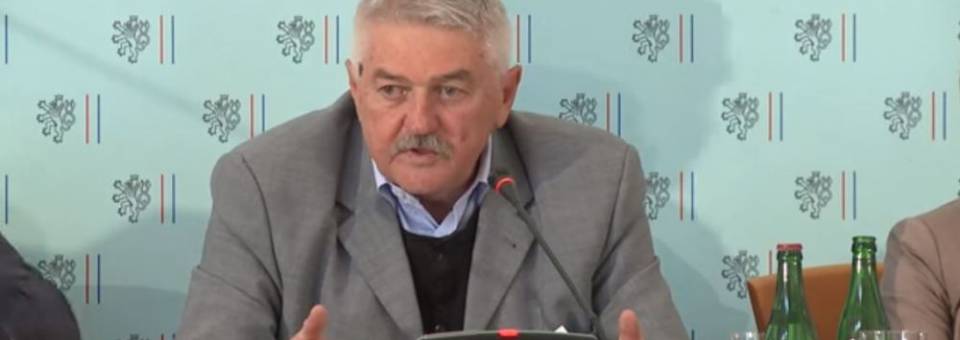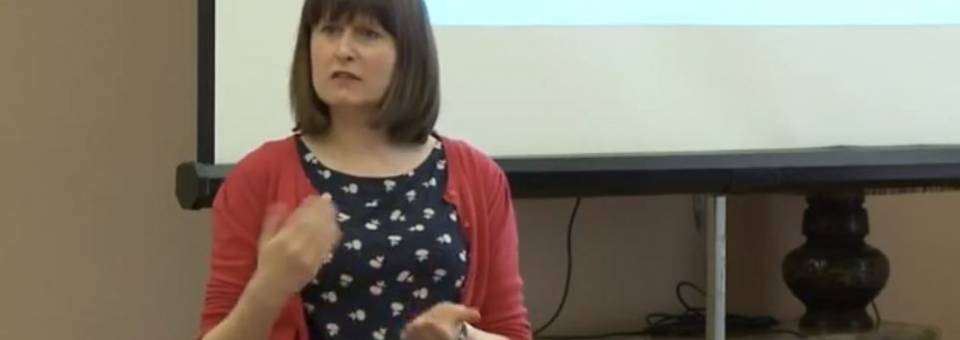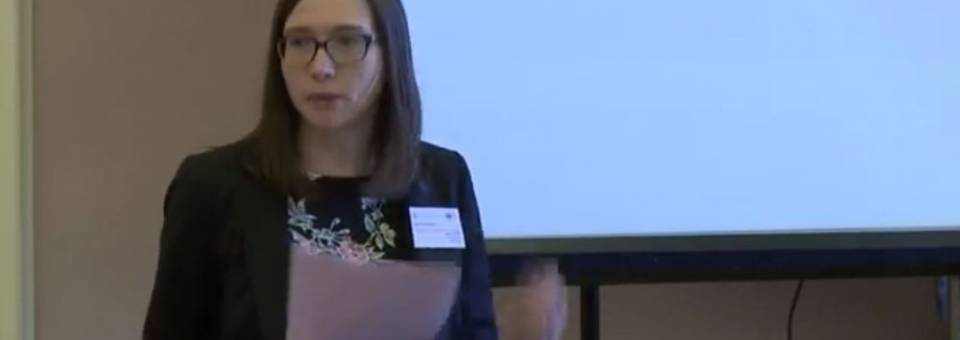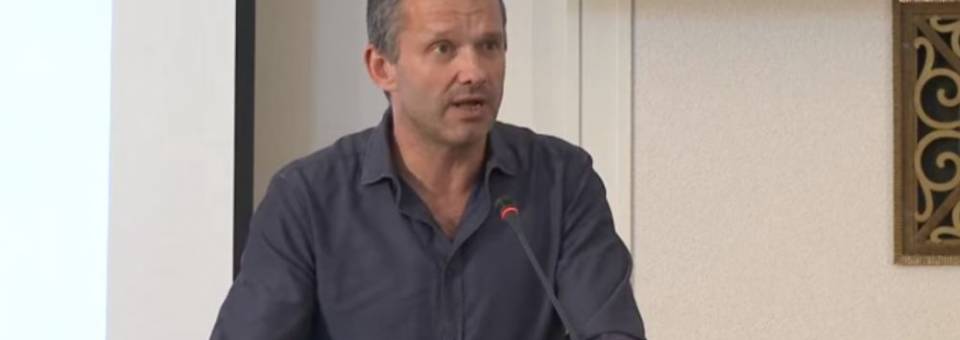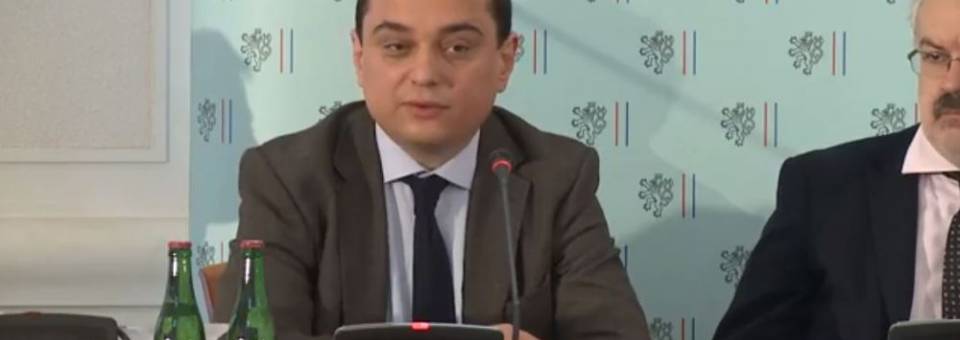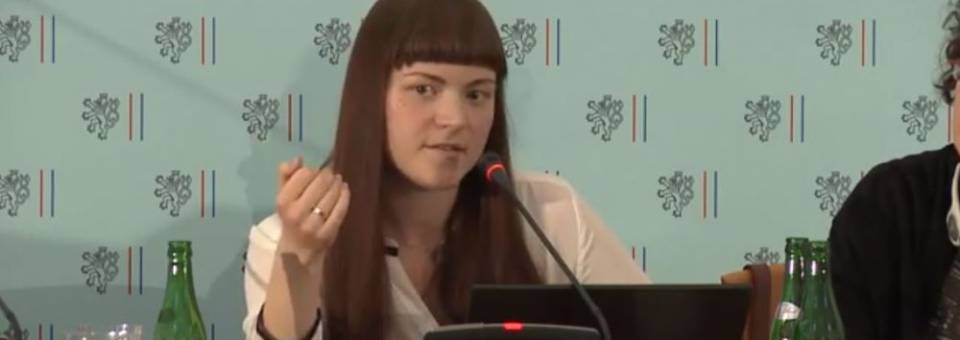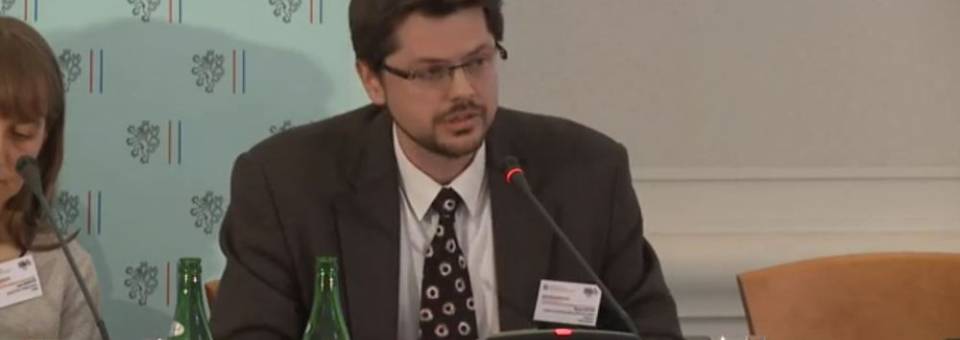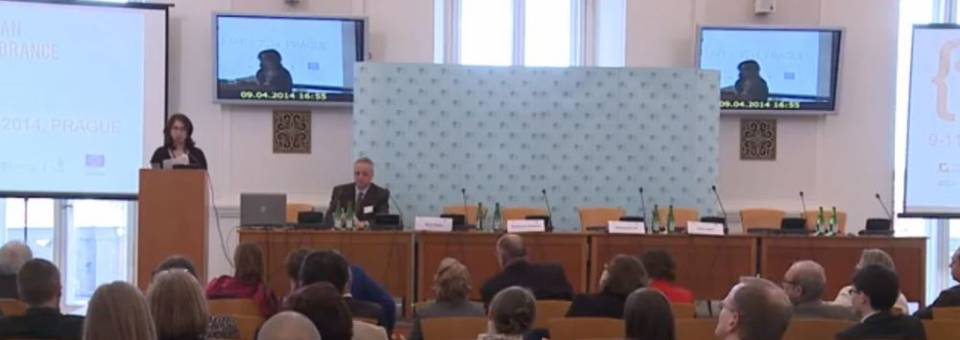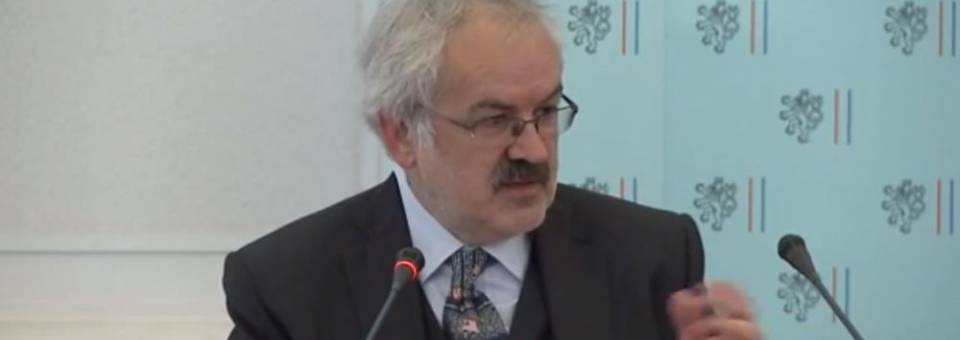Dušan Kováč (Slovak Academy of Sciences, Slovakia), Siobhán Kattago (Tallin University, Estonia).
Chair: Oldřich Tůma (Institute of Contemporary History, Czech Republic)
Year 2014 marked the round anniversaries of some of the most important turning points in European history: 100th anniversary of the Great World War, 75th anniversary of the outbreak of World War II, 25th anniversary of 1989, and last but not least 10th anniversary of the enlargement of the European Union to include former communist bloc countries. Thus, the theme of the European Remembrance Symposium 2014 was: 'Europe between War and Peace 1914-2004. Turning Points in 20th Century European History'.
The goal of European Remembrance Symposium is to exchange experiences and establish methods and forms of cooperation between institutions from different countries. Representatives of European historical institutions are invited to discuss the challenges facing Europe’s idea of culture of remembrance. The meetings are open to all professionals dealing with 20th-century European history.
